May 20, 2025
The scientific evidence, now running more than 34,000 studies, details the many benefits of UV exposure, both for vitamin D production and other benefits that are completely unrelated to vitamin D. The most important thing you can do to prevent skin cancer is to spend enough time in the sun as frequently as possible. A primary risk factor for skin cancer is intermittent overexposure, not sensible exposure. Appropriate sun exposure means, first and foremost, avoiding sunburn. If you avoid sunburn you are getting the benefits of sun exposure.
Sunscreens Contain Many Potentially Hazardous Chemicals
Disturbingly, research by the Centers for Disease Control and Prevention found that 96% of the U.S. population has oxybenzone (one of the main components of many commercial sunscreens) in their bodies, and this chemical is a known endocrine disruptor linked to reduced sperm count in men and endometriosis in women. Disturbingly, at least nine of the sunscreen ingredients the U.S. Food and Drug Administration (FDA) has approved are known endocrine disruptors. Commonly used sunscreen chemicals can enter your bloodstream and cause toxic side effects. Many sunscreens also contain retinol and retinyl palmitate, which have been linked to an increased risk of skin cancer by increasing the speed at which malignant cells develop and spread.
Beware of Spray-on Sunscreens
The FDA has expressed concern that inhaling these products may be risky, especially to children, and has warned parents to avoid spray-on sunscreens. Research has shown that inhaled spray-on sunscreen can reach all areas of your respiratory tract and can then pass into your bloodstream. Other studies have proven spray-on sunscreen are able to cross your blood-brain barrier. Therefore, spray-on sunscreens have the potential to cause widespread damage to your cells and organs, immune system, nervous system, heart and brain.
Sun Avoidance Promotes Early Death
One of the most compelling reasons for getting regular, sensible sun exposure on bare skin is that it promotes optimal physical and psychological health and helps prevent chronic diseases of all kinds. As noted in a scientific review, sun exposure has cardiovascular benefits independent of vitamin D, and cardiovascular disease is a far greater public health problem than skin cancer. In fact, research suggests your risk of dying from heart disease or stroke is 800% greater on average than your risk of dying from skin cancer when not exposed to sufficient sun.
Sun Avoidance Is as Risky as Smoking
People with active sun exposure habits ended up having a lower risk of cardiovascular disease and non-cancer death compared to those who avoided the sun. According to the research: "Nonsmokers who avoided sun exposure had a life expectancy similar to smokers in the highest sun exposure group, indicating that avoidance of sun exposure is a risk factor for death of a similar magnitude as smoking.” In short, if you're concerned about mortality, the scales are decidedly tipped toward sun exposure being of tremendous benefit. Other noteworthy benefits related to spending some quality time in the sun include pain-relief, protection from diseases, such as Type 2 diabetes, multiple sclerosis and several forms of cancer, regulation of human lifespan (solar cycles directly affect the human genome, thereby influencing lifespan), conversion to metabolic energy, and wound healing.
How to Choose a Safer Sunscreen
Most chemical sunscreens contain endocrine disruptors, which are particularly risky for pregnant women, infants and small children. These can disrupt growth and development, cause early puberty and result in small testicle size and low sperm count in boys. They also have carcinogenic potential. Among the worst are those containing oxybenzone, synthetic fragrances and retinyl palmitate. When choosing sunscreen, your safest choice is a lotion or cream with zinc oxide. It's stable in sunlight and provides the best protection from UVA rays. Your next best option is titanium dioxide. Just make sure the product: Does not contain nano sized particles Protects against both UVA and UVB rays Keep in mind that SPF protects only from UVB rays, which are the rays within the ultraviolet spectrum that allow your skin to produce vitamin D. The most dangerous rays, in terms of causing skin damage and cancer, are the UVA rays. Avoid sunscreens with an SPF above 50. While not intrinsically harmful, the higher SPF tends to provide a false sense of security, encouraging you to stay in the sun longer than you should. Moreover, higher SPF typically does not provide much greater protection. In fact, research suggests people using high-SPF sunscreens get the same or similar exposure to UV rays as those using lower-SPF products.
Dr. Mark

